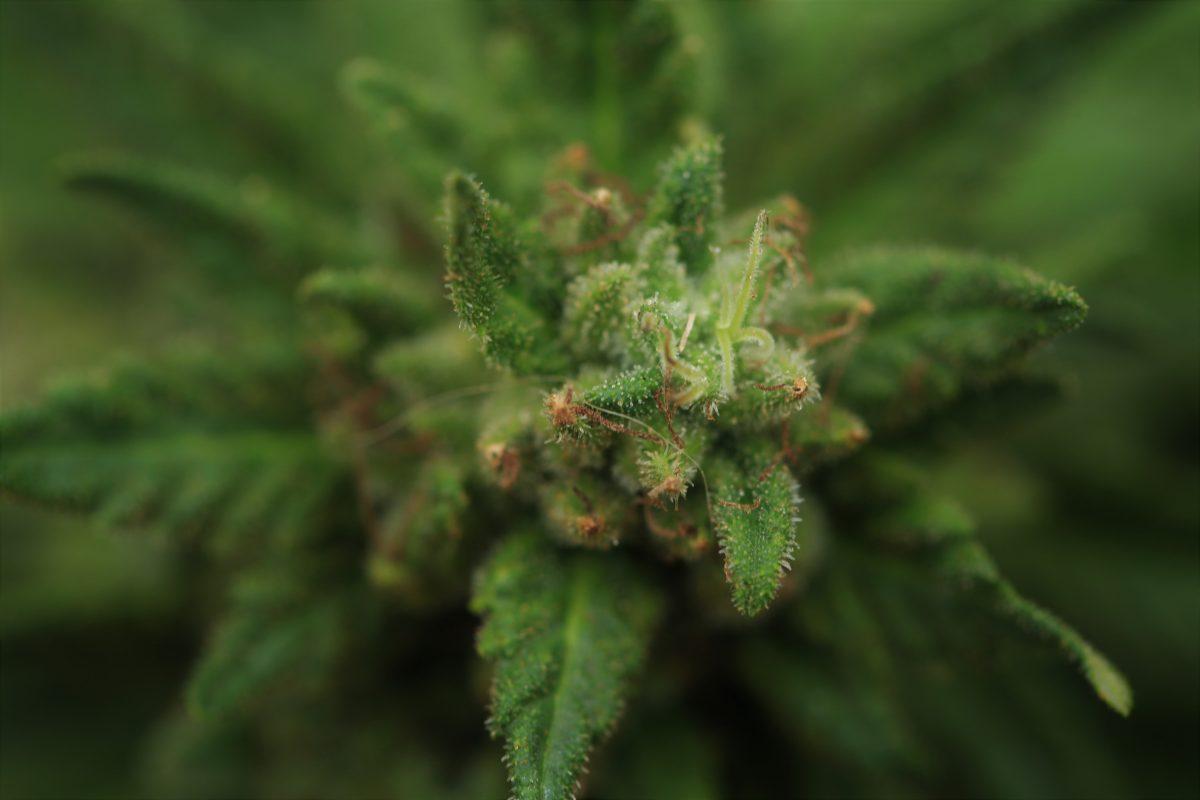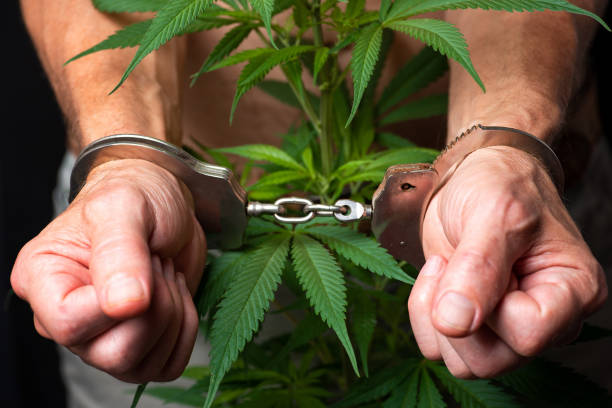By Noah Lopez
It’s been 50 years since the infamous Controlled Substances Act was signed into law by former president Richard Nixon, chaining the flower to the same DEA classification used for heroin.
According to Galup, 66% of Americans now support nationwide legalization of cannabis for adult-use, and if the trend of the past decade continues, that support will likely increase to 75% by the 2024 election.
Although the current political climate isn’t exactly friendly to cannabis, time will be. A decisive 81% of 18-29 year olds support legalization, quite literally leaving Generation X and the Baby Boomer’s in the past.
History tells us change may not happen overnight, perhaps not even for a career, but it also tells us that politicians will need more than red tape to stop Americans’ embrace of flower.
With combined recreational and medical sales in the U.S. reaching almost $14 billion in 2019, the flower’s juxtaposition against federal policy which classifies it as devoid of medicinal value has become something of a green elephant in the Senate.
The matter is immense in scope, undoubtedly requiring careful implementation, but hesitance from Republican leaders has compounded problems exponentially from seed to smoke.
There is currently legislation stalled on the floor which would eliminate the costly gap between licensed cultivators and the federally insured banking institutions with whom they wish to secure their funds. In other words, cannabis companies would finally have access to basic banking services like the rest of the world.
No, growers can’t make deposits at the bank; and yes, they are literally spending millions on security guards to protect their cash fortunes. Despite Passing the House with a landslide vote of 321 to 103, the Secure and Fair Enforcement (SAFE) Banking Act has been in limbo since September.
Chairman of the Senate committee on banking, Mike Crapo, R-I.D., has made nonsensical comments regarding the SAFE act in addition to opposing legalization. Among his chief concerns is a problem that by design, the bill obviously intends to correct, which is illicit funds being laundered into our financial system.
Within the context of the ongoing struggle, Crapo’s choice of words such as “bad actors” and “cartels” point to cheap, yet subtle diversion. By conflating a specific, urgent banking issue with a larger, more complex and irrelevant issue such as the “high level potency of marijuana”, he has effectively halted progress.
In response, 50 bank organizations from 49 states plus Puerto Rico issued a letter last week imploring the committee to move forward with the bill, encouraging an immediate markup. They also assert that the Act is independent of the broader, nationwide legalization debate and should thus precede it.
The paradox of federally insured banks receiving federal sanctions and penalties for accepting federally legal tender is only one among the myriad of logistic, legislative, economic and cultural problems which plague cannabis in the United States.






